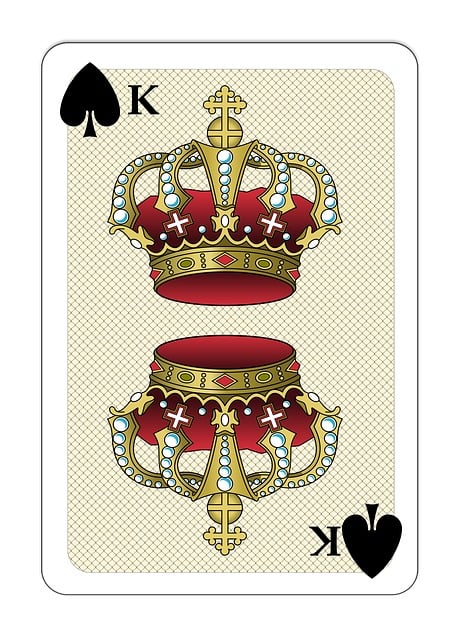Short Deck Hold'em, a dynamic twist on Texas Hold'em using 20-35 cards, intensifies gameplay with faster hands and encouraged aggressive play. This variant appeals to both casual and professional poker games enthusiasts by demanding strategic agility and revamping hand rankings, offering a high-stakes challenge within the poker Games genre.
Discover the exhilarating world of Short Deck Hold’em, a captivating variation of the classic poker game that’s taking players by storm. In this article, we delve into the unique dynamics and strategic nuances that set Short Deck apart from traditional Texas Hold’em. From understanding its poker games-specific mechanics to mastering aggressive play in reduced fields, you’ll explore the ins and outs of this exhilarating variant. Get ready to elevate your poker skills!
- What is Short Deck Hold'em?
- – Definition and origins
- – Key differences from traditional Texas Hold'em
What is Short Deck Hold'em?

Short Deck Hold’em is a unique and exciting variation of the classic Texas Hold’em poker game, designed to create faster-paced and more dynamic gameplay. Unlike traditional Hold’em which uses a 52-card deck, Short Deck employs a reduced 36-card pack, significantly altering the strategic landscape. This variant gained popularity among poker enthusiasts for its ability to intensify betting rounds and increase pot odds, making it an engaging choice for both casual players and professionals alike.
The game’s core rules remain similar to Hold’em, with players receiving two private cards followed by five community cards shared across three betting rounds. However, the reduced deck size results in fewer possible hand combinations, encouraging more aggressive play and quicker decision-making. Short Deck Hold’em is often played in tournaments or cash games, offering a fresh take on the poker world and attracting players seeking a fast-paced, high-stakes challenge within the Poker Games realm.
– Definition and origins

Short Deck Hold’em is a dynamic variation of the classic poker game, Texas Hold’em, characterized by a reduced deck of cards. This innovative twist originated as a way to speed up gameplay and introduce new strategic elements to seasoned players. By using a smaller deck, typically 20-35 cards, this variant offers a unique challenge where every hand becomes more crucial due to the limited options. The game’s roots lie in the desire to create an intense and fast-paced experience for both casual and professional poker enthusiasts.
In its essence, Short Deck Hold’em maintains the core principles of traditional poker, focusing on combining cards to form the best possible five-card hand. However, the reduced deck size encourages aggressive play, as players must act swiftly and make bold decisions with each card dealt. This variation has gained popularity in various poker communities, attracting those seeking a fresh take on the classic game while still enjoying the strategic depth that Texas Hold’em is renowned for.
– Key differences from traditional Texas Hold'em

Short Deck Hold’em, a variation of the popular poker game, introduces several key differences from traditional Texas Hold’em. One of the most notable distinctions lies in the number of cards dealt. In Short Deck, players are given only 20 cards to work with instead of the standard 52-card deck used in Texas Hold’em. This reduced deck size significantly impacts strategic play, as hands must be more aggressive and calculated risks must be taken.
Another crucial difference is the dynamic hand rankings. With a smaller deck, certain high cards become more valuable. Aces, for instance, hold more power due to their increased likelihood of appearing in a limited pool of cards. These variations create a faster-paced and more intense gaming experience, appealing to players who enjoy aggressive strategies in poker games.
Short Deck Hold’em, a variant that reduces the deck size, offers a unique twist on classic poker games. Its simplified structure and accelerated gameplay make it an exciting choice for players seeking a fast-paced challenge. While deviating from traditional Texas Hold’em in several key aspects, this game maintains the core strategy and thrill of its predecessor, providing a fresh and engaging experience for poker enthusiasts.






